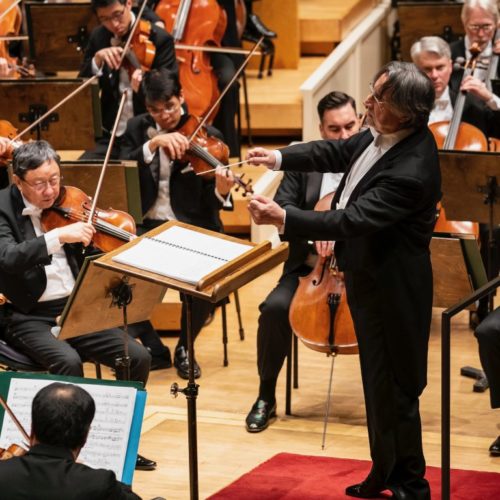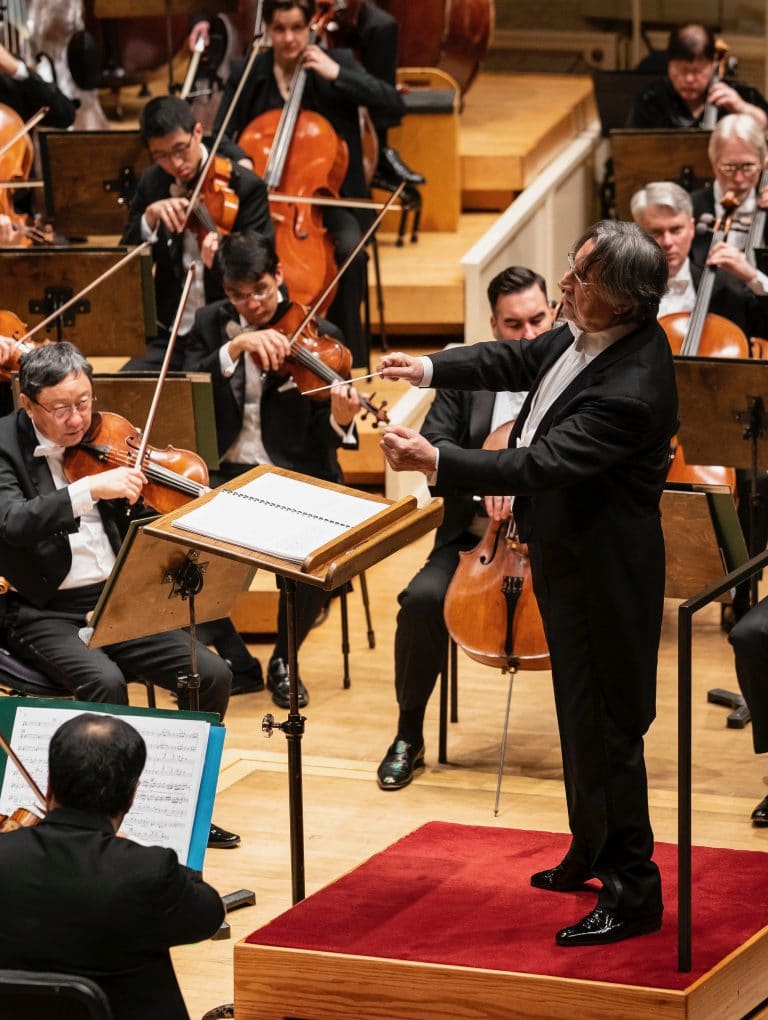Just in: Muti backs musicians in Chicago dispute
mainIn a breach with traditions of maestro neutrality in US wage disputes, Riccardo Muti tonight came out firmly on the side of his musicians.
In letter delivered to Board of Trustees Chair Helen Zell and CSO President Jeff Alexander, Muti said:
“As Music Director and a musician of this orchestra, I am with the Musicians. I understand their needs and how they should be treated, and the fact that they are among the best musicians in the world a crisis would damage the image of the institution. The Musicians themselves, the public and the entire musical world would be surprised to see the Orchestra in trouble.
‘I hope before my return in a few days, everything will be settled, giving the Musicians the recognition they deserve. I hope that the Board [of Trustees] will remember that theirs is not a job but a mission, and that tranquility and serenity will be given for the Artists to do their work.”

UPDATE: CSOA President Jeff Alexander responded:
‘We hold the musicians of the Chicago Symphony Orchestra in the highest regard and are working closely with their union representatives to come to an agreement on a new contract. While their current contract is among the best in the country, we have offered improvements in salary and working conditions and look forward to finalizing the details with the union as soon as possible.’






Comments